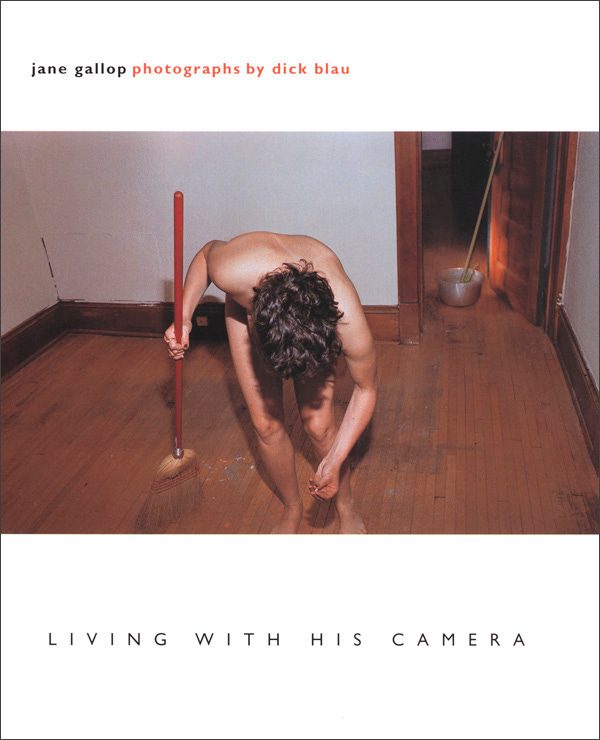Dick and Jane
Three Stories
In 2003, I had the express privilege of listening to Dr. Jane Gallop and her partner Dick Blau talk about their new book.
This was Milwaukee, and the place was Schwartz Books on Downer, an institution sadly no longer in existence.
The book was called Living With His Camera, and it was a meditation by Dr. Gallop accompanied by Blau’s photos of their relationship and family life.
Dr. Gallop, a feminist Lacan scholar, had much to think and say about these experiences. Reference was made to Sontag’s On Photography. The word “trigger” was thrown around (with reference to the mechanism tripping the shutter on the camera, well in advance of what the word would later come to mean).
But, more, the conversation circled around the realpolitik of two creatives living together — one an intellectual and professor, the other an artist in a very technical sense.
During the talk, Dr. Gallop described needing to occasionally tell Dick to “please put the camera away.” That is, there were times when she would like herself and her family to cease being on display for Dick’s work.
So, when the QA came around, I was reminded of something I’d once heard David Sedaris say in a story. Paraphrasing from memory:
David’s Sister: You’re going to put this in one of your books, aren’t you?!
David: Why Not? You’re not going to do anything with it!
My question to Dr. Gallop, author of Feminist Accused of Sexual Harassment (a book theorizing her experience of being accused of sexual harassment by a student), was “Is there ever a time when Mr. Blau asks you to shut off your writer’s mind?”
Her answer (and give me some slack — this memory is 20 years old!) was something to the tune of “I don’t think it’s a good idea to turn off my critical thinking, especially in the context of something as important as my family.”
Fast-forward to the Aaron experiencing this still-vivid recollection. This week I was privy to a conversation with my partner about the proverbial “deep shit.” Our relationship has faced challenges, and is only rekindling after a period of separation and reflection.
During this conversation, I could feel a moment where I found myself losing touch with my physical experience of some of my emotions — emotions I needed to feel. As I engaged my propositional mind with explanations for my thoughts and behaviors, it became apparent that I wasn’t living with the emotion I needed to truly connect to the import of what my partner was telling me. I was hearing everything that she said, and evidencing that with compassionate speech.
But I needed to connect with the significance of her experience.
Dr. Gallop, of course, is right — what could be more useful in situations such as these than precise observation, awareness, critical thinking, and linguistic acuity?
But there is also the call to presence, compassion, connection, empathy and love.
I’m not certain how all this fits in with the question I asked Dr. Gallop that night. But it would be a joy (and perhaps a terror!) to hear what she thought. And I find my recollection of the experience to be grounding.
Bon Weekend!
All Best,
Aaron



